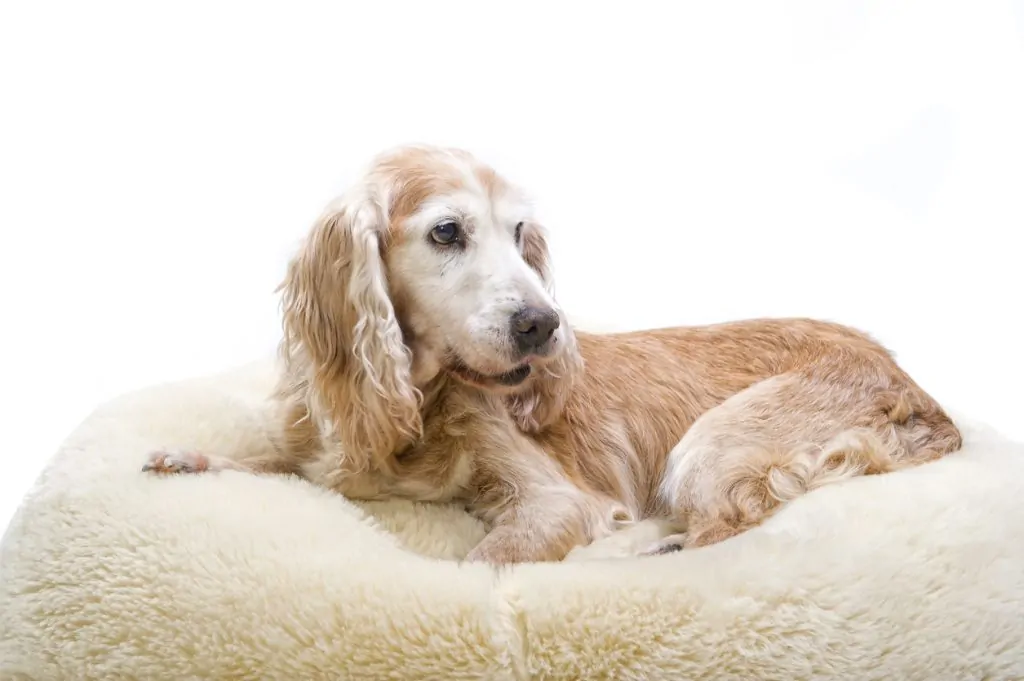As your companion pet ages, they face increased health concerns just like their human companions do. You may watch your senior pet and worry that they might be aging and losing some of their cognitive abilities. Sight, hearing, and blood sugar have all become common concerns.
Across the country, local veterinarians are hearing more and more people ask if their pet can get dementia.
Just like humans, dogs and cats can develop dementia as they age. Veterinarians call this Cognitive Dysfunction Syndrome.

It is a disease that is comparable to Alzheimer's in humans. The disease begins to onset as a dog ages. “CDS” is a neurological degenerative disorder of senior dogs and cats characterized by gradual cognitive decline. Cognitive Dysfunction Syndrome is the official name for what we might commonly call “doggy/kitty dementia”.
The exact age at which any dog might start to experience symptoms of dementia varies. Studies have shown that cognitive decline can start as early as 10 years of age in cats and dogs.
To rule out other causes of your pet's symptoms, the veterinarian may use additional tools such as blood and urine tests.
Some of the first signs of dementia that many people notice are their pets staring at walls or looking off into space. Other common signs people tend to notice are not knowing their owners are in the same room or pacing around a lot with no sense of direction or reason.
In addition to disorientation, confusion, and increased anxiety, pets dealing with this form of dementia may no longer respond to their name, stop playing, and become more irritable.
(Other symptoms includeà Waking up in the night; increased daytime sleeping, Inactivity
Increased vocalization, often at night) inappropriate urination or defecation in the house, lethargy, decreased interest in play or other activities, decreased responsiveness to the owner and other pets, and abnormal sleep patterns).
Most of the time they live for about two years after diagnosis when they have dementia, sometimes longer. Much like with humans, when a dog or cat is diagnosed with dementia, quality of life should take the focus over quantity of years. Work with your family’s veterinarian to ensure your pet is as content and comfortable as possible.
Work with your veterinarian to find the right supplements and medications to support your dog’s health. Provide your dog with a safe but stimulating environment and keep them on a regular routine. These things will best help them cope with developing dementia.
As with many diseases found in both humans and animals, there is no guarantee for avoiding some diseases. When it comes to dementia in dogs and cats there are genetics and some environmental factors that can’t be controlled.
However, there are many things that you can do to help your pet have a better chance of living a longer, healthier, and happier life. Quality food and clean drinking water are an absolute must for a healthy dog. So is lots of exercise and mental stimulation.
One of the best things you can do for yourself, and your pet is to exercise and play with them. It will help you both have a better, longer life.
If you notice your pet behaving differently or in a way you do not understand, do not hesitate to contact your local veterinarian. Catching problems early gives your pet a better chance to overcome them.
Phone: (855) 461-8259
Email: [email protected]